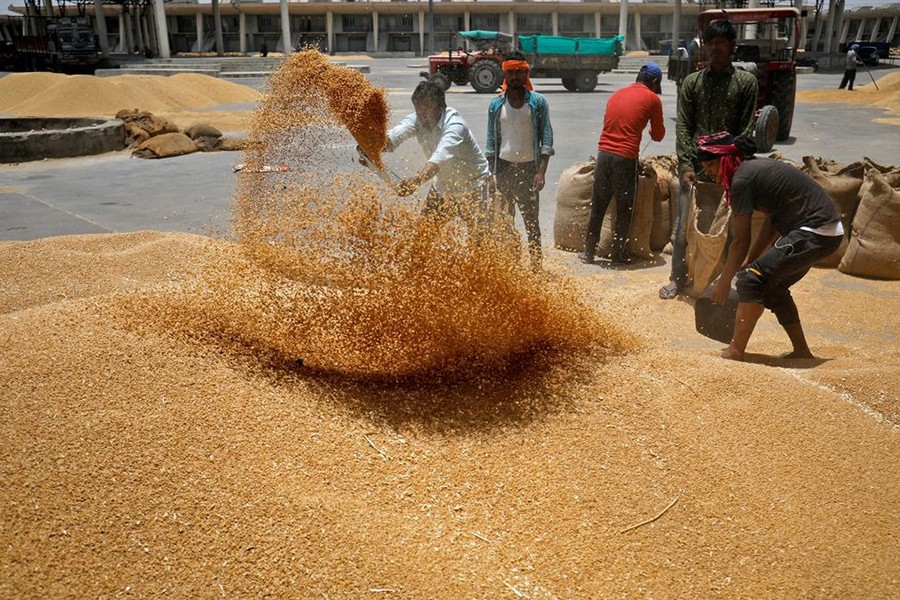India will end its Covid-19 era free food programme on December 31 and replace it with a cheaper programme that will save the government nearly $20 billion in the next 12 months.
Late on Friday, India's Food and Trade Minister Piyush Goyal said the government will stop the free food programme after 28 months as the economic situation has improved since Covid-19 cases and restrictions have eased, reports Reuters.
The pandemic and its impact on the economy, particularly on high food prices, have squeezed India’s hundreds of millions of poor people over the past few years.
The programme provided poor families with 5 kg (11 lb) of foodgrains each month in addition to other highly subsidised foodgrains. It started in April 2020 and has cost the government nearly $47 billion.
The government was also spending 2 trillion rupees ($24.16 billion) under the National Food Security Act to provide highly subsidised foodgrains to nearly 75 per cent of its rural and 50 per cent of its urban population.
Now the government will make the highly subsidised foodgrain free for the next 12 months, Goyal said. This gives 35 kg of food grain every month to families at the cost of 1 Indian rupees ($0.0121) to 3 Indian rupees ($0.0362). Millions of poor households benefit while some priority groups get 5 kilogram foodgrains per person for the same price.
The government will save at least $20 billion over the next 12 months by ending the pandemic-era free food programme, as they will only spend on one food scheme instead of multiple programmes, according to an official, who did not want to be named.
The Indian government was struggling to manage wheat stockpile due to additional distribution of wheat and the prices in the local market jumped to the record high.
“The discontinuing scheme means the government can now sell 2 to 3 million tonnes in the open market to calm prices,” said a New-Delhi-based dealer with a global trade house.
($1 = 82.7800 Indian rupees)


